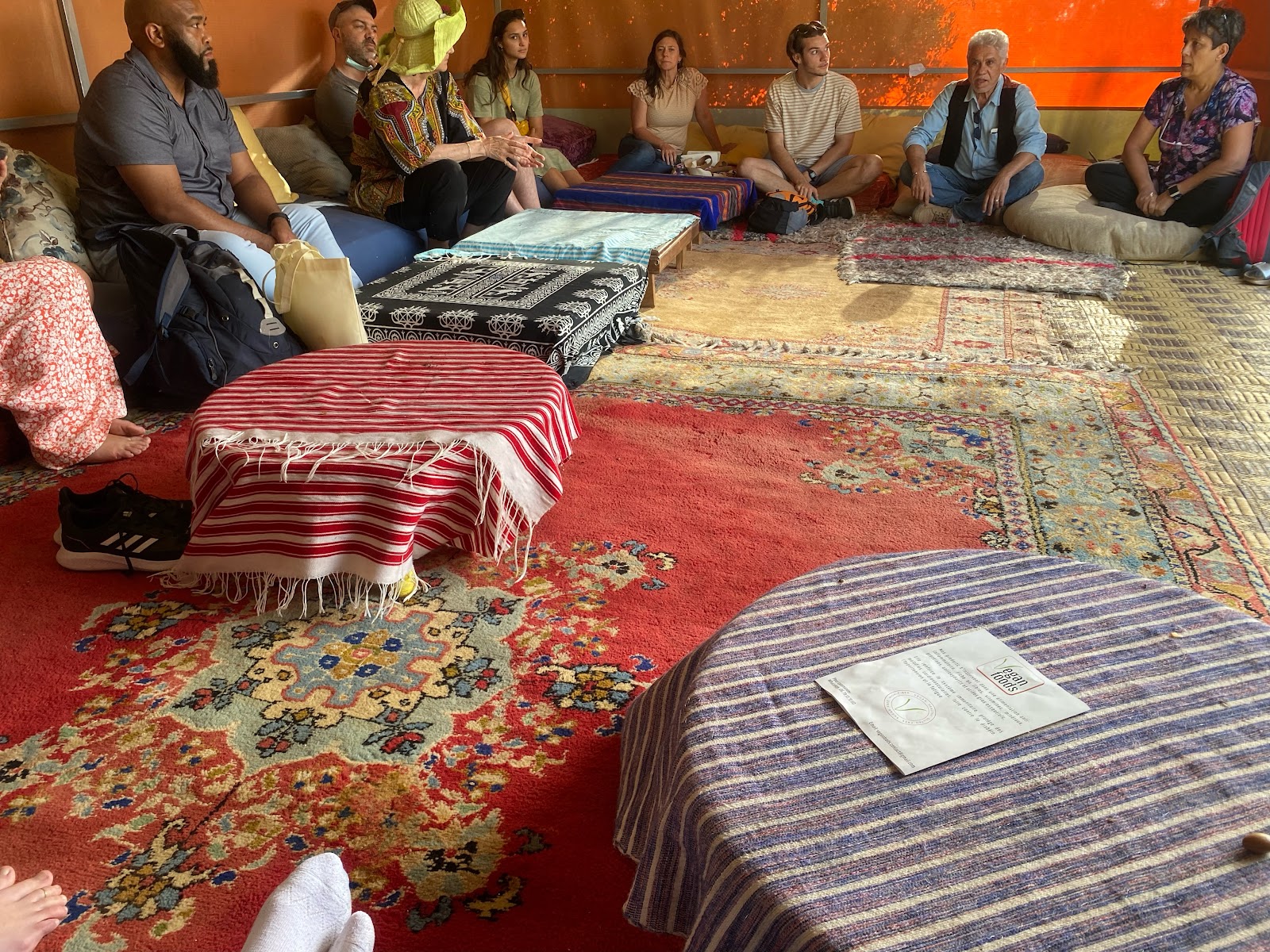Blog 1: Race/Ethnicity, Culture

Moroccan Culture operates on a polychronic, flexible, communal culture. In terms of agriculture, this means that resources, information (business, technical, or otherwise), and, at times, harvest are shared amongst neighboring farms, friends, and people within the surrounding area (Eberman, 2012). Additionally, due to their flexibility and polychronic values, relationships between business partners, leaders, and friends are prioritized over efficiency, profit margins, and scheduling deadlines. Old Moroccan culture is also not gaudy in terms of displaying wealth as compared to American culture. The buildings are all displayed with same facades and only in the inside can wealth be displayed (Eberman, 2012). This was due to religious values as well as the belief that everyone should equal in their housing and project disparities. In westernized culture, the moroccan values of building relationships (whether that be during mealt...

